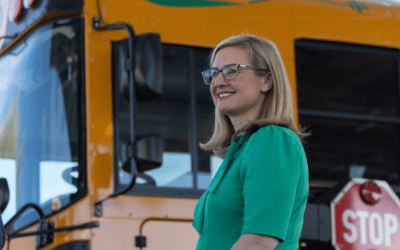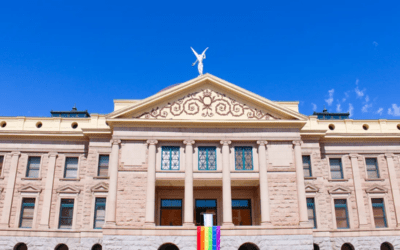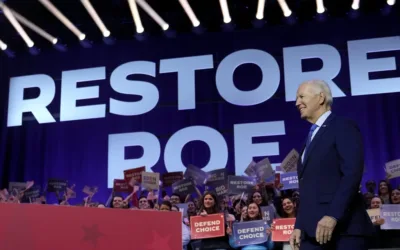
FILE - In this Feb. 27, 2020, file photo, Education Secretary Betsy DeVos pauses as she testifies during a hearing of a House Appropriations Sub-Committee on the fiscal year 2021 budget on Capitol Hill in Washington. Students returning from their unprecedented break from school could find themselves making up lost time in summer classes, or in the evening or on Saturday. Administrators say everything is on the table as they begin to think beyond the immediate needs of teaching through the pandemic to measuring and making up for lost learning once the worst has passed. DeVos has said she hopes schools will test students in the fall to gauge where they are academically, particularly because this spring's standardized tests that might have provided a barometer were canceled. (AP Photo/Alex Brandon, File)
“[The funding] was intended to level the playing field, not increase the advantages that wealthy families already have.”
The president of the Arizona Education Association says recent federal guidance pushed by U.S. Education Secretary Betsy DeVos on school funding distribution is harmful to the state’s public school students.
“We’re absolutely against it,” Joe Thomas told The Copper Courier. “[Betsy DeVos] is using this international tragedy as an opportunity to try to expand vouchers or support the private school students, and it is at the direct expense of our public school students.”
The Coronavirus Aid, Relief, and Economic Security (CARES) Act, passed in late March, called for school districts to distribute the emergency funding it authorized according to the Title 1 formula, which typically has districts set aside money for services at private schools based on their population of low-income students.
However, DeVos’ guidance directs districts to calculate the share of funding that supports private schools based on the area’s share of all students that attend. This means at least some of the money meant for low-income students would be shifted to schools with wealthier student bodies.
RELATED: Arizona Begins Preparations to Reopen Public Schools For Next School Year
Thomas said this shift is problematic because the taxpayer money is meant for public schools – where any student can go – while private schools can set admission barriers and other measures to limit who attends.
“[The funding] was intended to level the playing field, not increase the advantages that wealthy families already have,” he said.
However, some states are choosing not to follow DeVos’ guidance. Indiana’s Superintendent of Public Instruction Jennifer McCormick said her school districts would instead follow the CARES Act as it is written.
“According to the Indiana Attorney General’s Office, ‘the guidance issued by the [U.S.] Department of Education is just that, guidance,’” McCormick wrote in a memo.
Thomas said he expects to see Arizona follow suit.
“My understanding is that what we’ll see in Arizona is compliance with the law,” he said. “[School districts] are going to not abide by the unfortunate guidance that Secretary DeVos has put out.”
An Arizona Department of Education spokeswoman told The Copper Courier that Superintendent of Public Instruction Kathy Hoffman is still determining how to best allocate CARES Act dollars.
“Superintendent Hoffman convened a task force to address this question and develop guidance for the 2020-2021 school year,” the spokeswoman said in a statement. “More information on how CARES Act dollars will be allocated will be released along with the guidance by June 1.”
Private Colleges Get Boost, Too
DeVos also gave a helping hand to private schools when allocating the $350 million set aside for higher education, distributing funding regardless of need.
In Arizona, the public East Valley Institute of Technology was allocated $263,877.
However, the others included in the funding were private and religious institutions:
- International Baptist College And Seminary – $429,653
- Phoenix Seminary – $457,883
- Prescott College – $184,007
- Regional Center For Border Health – $486,033
- The School of Architecture At Taliesin – $496,508
- Southwest College Of Naturopathic Medicine & Health Sciences – $385,066
These schools can either choose to apply for the funding they were allocated or choose not to claim them.
According to The New York Times, one school that turned down the funding was The Wright Graduate University for the Realization of Human Potential, a private college in Wisconsin that has had to debunk the rumor it is a cult. It was allocated $495,000.
Overall, Senate Minority Leader Chuck Schumer of New York has accused DeVos of “exploiting congressional relief efforts.” He said she is “using a portion of that funding not to help states or localities cope with the crisis, but to augment her push for voucherlike programs, a prior initiative that has nothing to do with COVID-19.”
Looking for the latest Arizona news in this time of crisis? Sign up for our daily newsletter and have it delivered straight to your inbox.
Support Our Cause
Thank you for taking the time to read our work. Before you go, we hope you'll consider supporting our values-driven journalism, which has always strived to make clear what's really at stake for Arizonans and our future.
Since day one, our goal here at The Copper Courier has always been to empower people across the state with fact-based news and information. We believe that when people are armed with knowledge about what's happening in their local, state, and federal governments—including who is working on their behalf and who is actively trying to block efforts aimed at improving the daily lives of Arizona families—they will be inspired to become civically engaged.

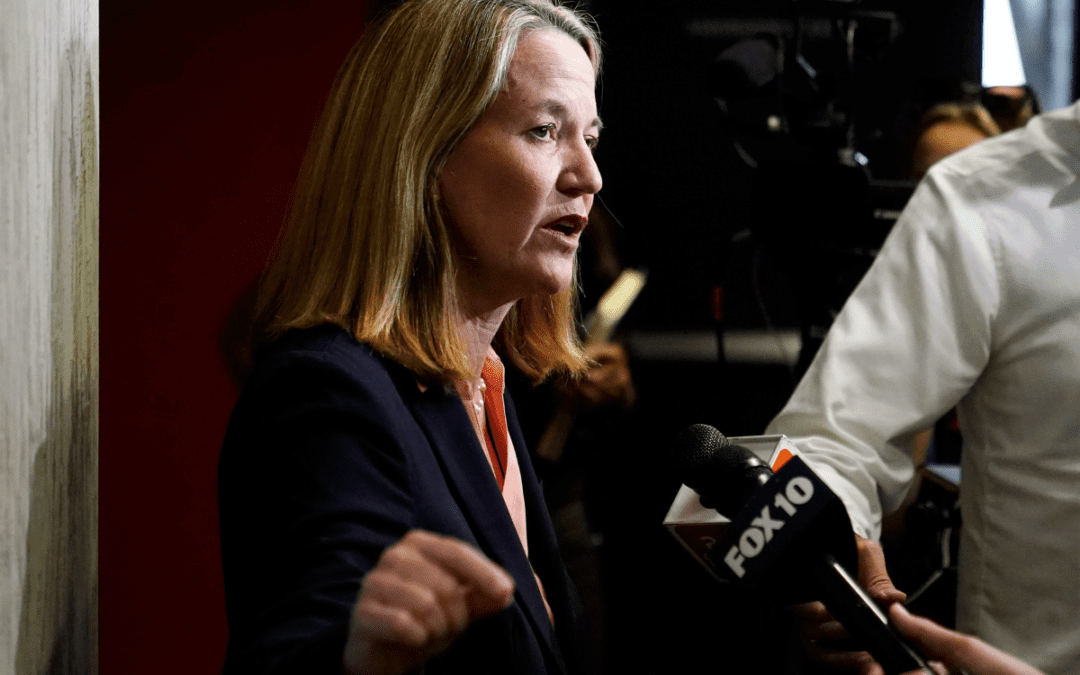
BREAKING: AG Kris Mayes sues rental corporations for conspiratorial price-fixing
It looks like, legally speaking, rent really may be “too damn high.” Arizona Attorney General Kris Mayes announced Wednesday a lawsuit against nine...
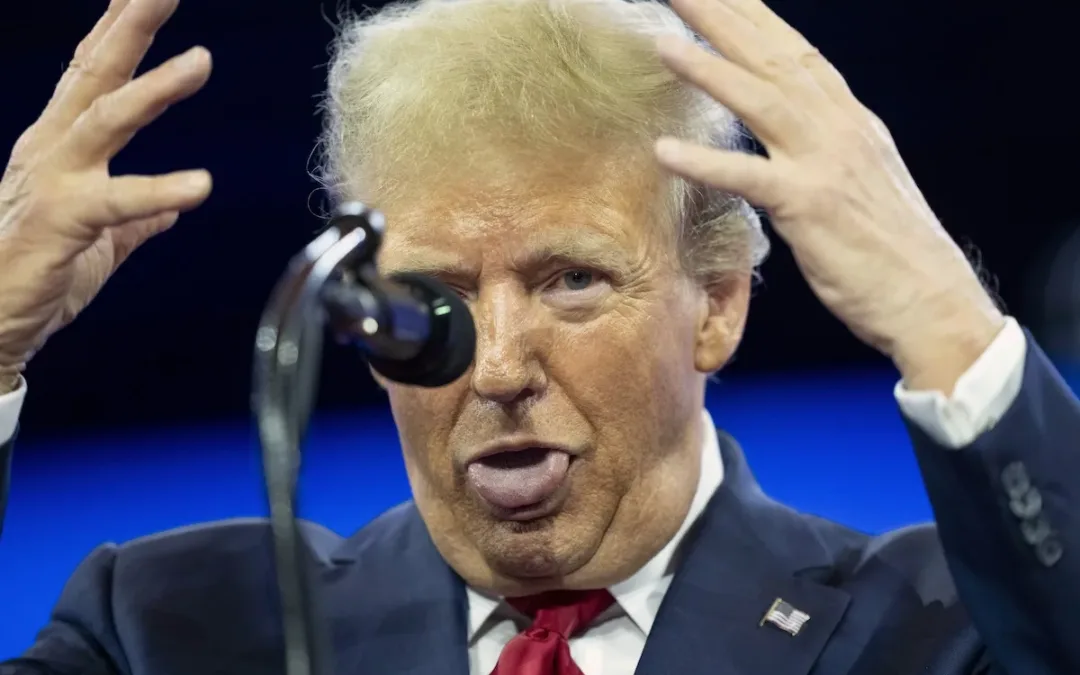
Op-ed: Trump’s journey from hosting The Apprentice to being the biggest loser
Leading up to the 2016 election, Donald Trump crafted an image of himself as a successful businessman and a winner. But in reality, Trump has a long...
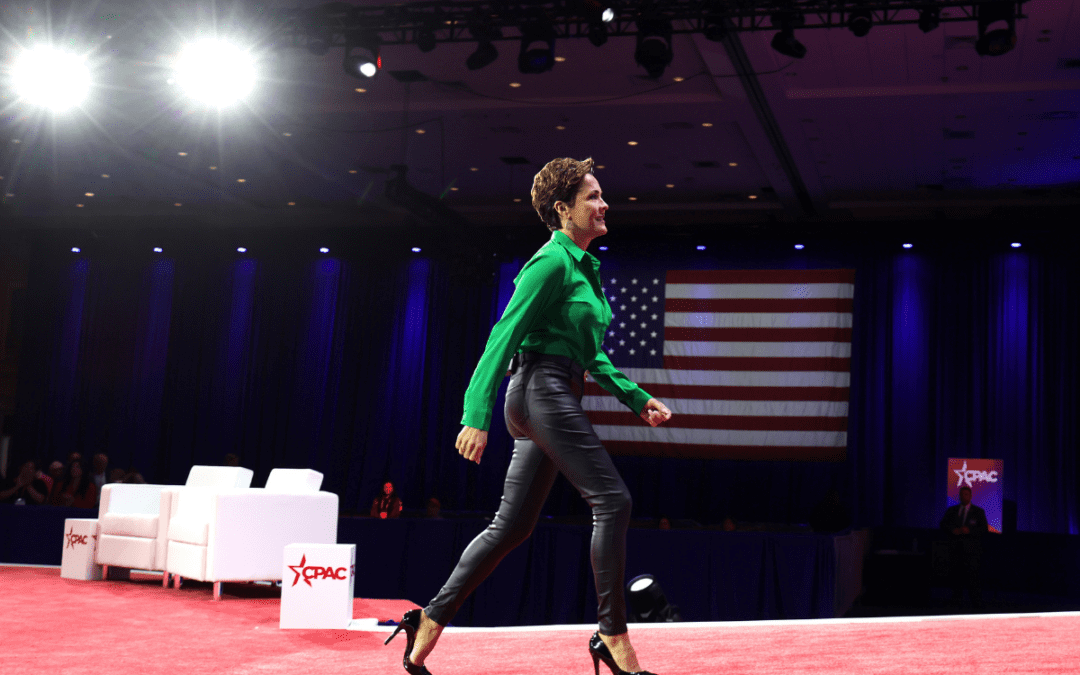
Kari Lake’s plan for the US Senate: ‘The end of democracy’
The world’s most far-right political leaders flocked to National Harbor, Maryland, last week for a conservative conference where attendants idolized...

Flight attendants picket at more than 30 airports in ‘unprecedented’ show of solidarity
Hundreds of flight attendants picketed at Phoenix Sky Harbor Airport last week, calling attention to stagnant wages with low purchasing power, poor...



